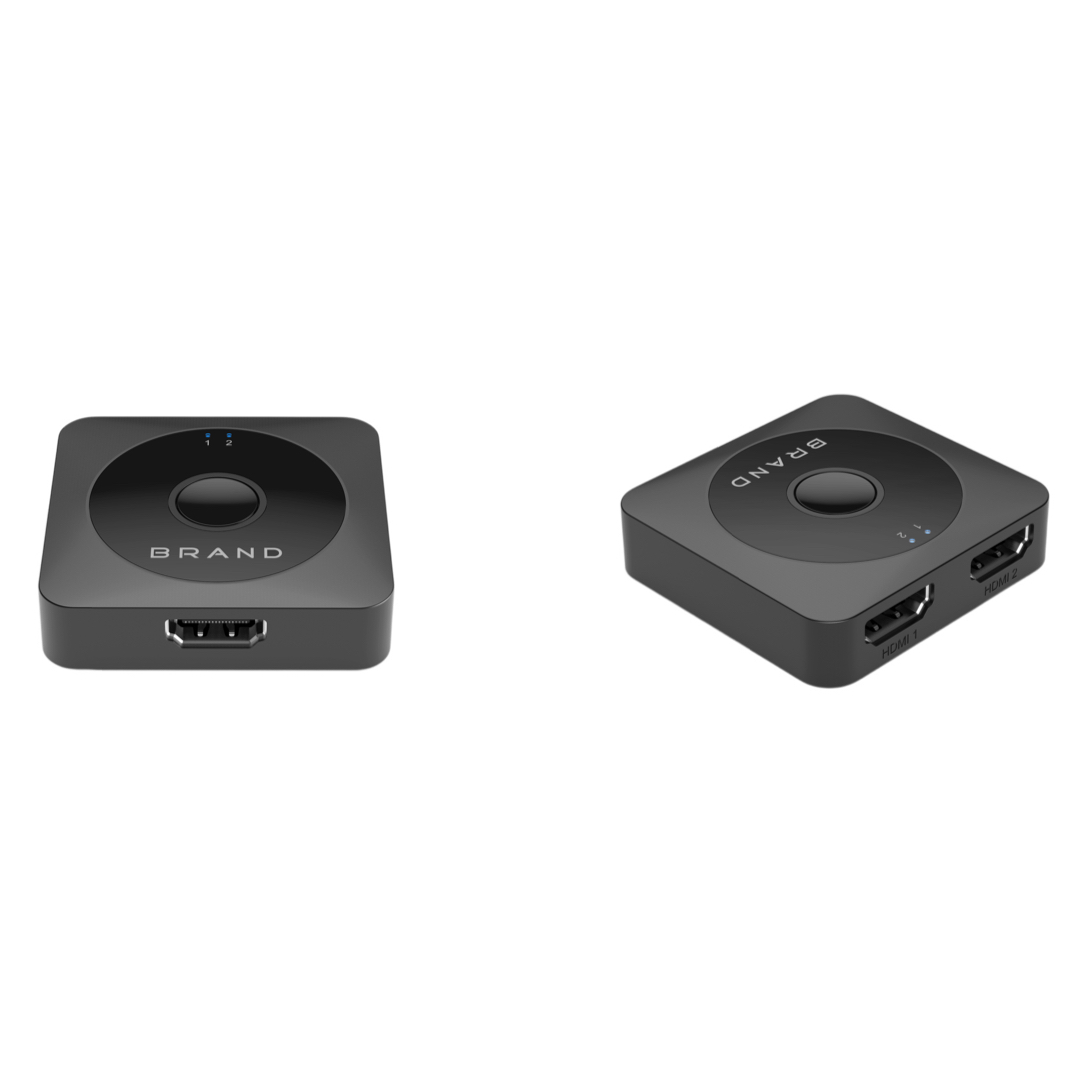A Comprehensive Guide to Audio Adapters and Audio Codecs

In our increasingly digital world, audio technology has become an integral part of our daily lives. From listening to music on our smartphones to watching movies on our laptops, we rely on audio adapters and audio codecs to ensure a seamless audio experience. In this article, we will explore the world of audio adapters and audio codecs, discussing their functions, types, and importance in the audio industry.
Section 1: Understanding Audio Adapters
Audio adapters, also known as audio connectors or sound connectors, serve as the essential interface between audio devices. These adapters allow the connection of various audio devices, such as headphones, microphones, speakers, and amplifiers, to audio sources like smartphones, computers, or audio systems.
There are several types of audio adapters available, including 3.5mm audio jacks, RCA connectors, XLR connectors, and USB audio adapters. The 3.5mm audio jack is the most commonly used audio adapter, commonly found in smartphones, laptops, and MP3 players.
RCA connectors, on the other hand, are commonly used in home theater systems and audio/video receivers. They use color-coded plugs and sockets to transmit audio signals. XLR connectors are widely used in professional audio setups, primarily for microphone connections and balanced audio signals. USB audio adapters, as the name suggests, connect audio devices to USB ports, providing digital sound output.
Section 2: Exploring Audio Codecs
An audio codec, short for compressor-decompressor, is a device or software that compresses audio files for efficient storage or transmission and then decompresses them back into their original format for playback. Different audio codecs utilize various algorithms to achieve compression and decompression.
The most commonly used audio codecs include MP3, AAC, FLAC, and WAV. MP3, or MPEG Audio Layer-3, is a widely popular audio codec that offers high compression with minimal loss of audio quality. It has revolutionized digital audio by allowing music enthusiasts to store and share music easily.
AAC, or Advanced Audio Coding, is a successor of MP3 and provides better sound quality at lower bit rates. It is widely used for streaming audio services and is the default audio format for many digital platforms.
FLAC, or Free Lossless Audio Codec, offers lossless compression, meaning it retains the original audio quality while reducing file size. It is commonly used by audiophiles and professionals who require high-fidelity audio reproduction.
WAV, or Waveform Audio File Format, is an uncompressed audio format widely used in professional audio editing and recording applications. It maintains the original audio quality but results in larger file sizes.
Section 3: Importance and Future Developments
Audio adapters and audio codecs play a crucial role in enhancing our audio experiences. They allow us to connect and enjoy a wide range of audio devices, while codecs ensure efficient audio storage and transmission without compromising quality.
With the rapid advancements in technology, the audio industry continues to evolve. New audio codecs are regularly developed to provide better compression efficiency, improved sound quality, and enhanced compatibility with different audio devices. Additionally, advancements in wireless audio technology, such as Bluetooth codecs, are gaining prominence, offering convenient and high-quality audio transmission.
In conclusion, audio adapters and audio codecs are fundamental components of the audio industry. They enable seamless connectivity and efficient compression of audio files, enhancing our daily audio experiences. As technology progresses, we can expect further developments, leading to even better audio quality and compatibility with emerging audio devices.
Summary: This comprehensive guide explored the functions, types, and importance of audio adapters and audio codecs in the audio industry. Audio adapters, such as 3.5mm jacks, RCA connectors, XLR connectors, and USB audio adapters, facilitate the connection of various audio devices to audio sources. Audio codecs, such as MP3, AAC, FLAC, and WAV, compress and decompress audio files for efficient storage and transmission. As technology advances, the audio industry continues to evolve, with new codecs and wireless audio technologies improving audio quality and compatibility.



